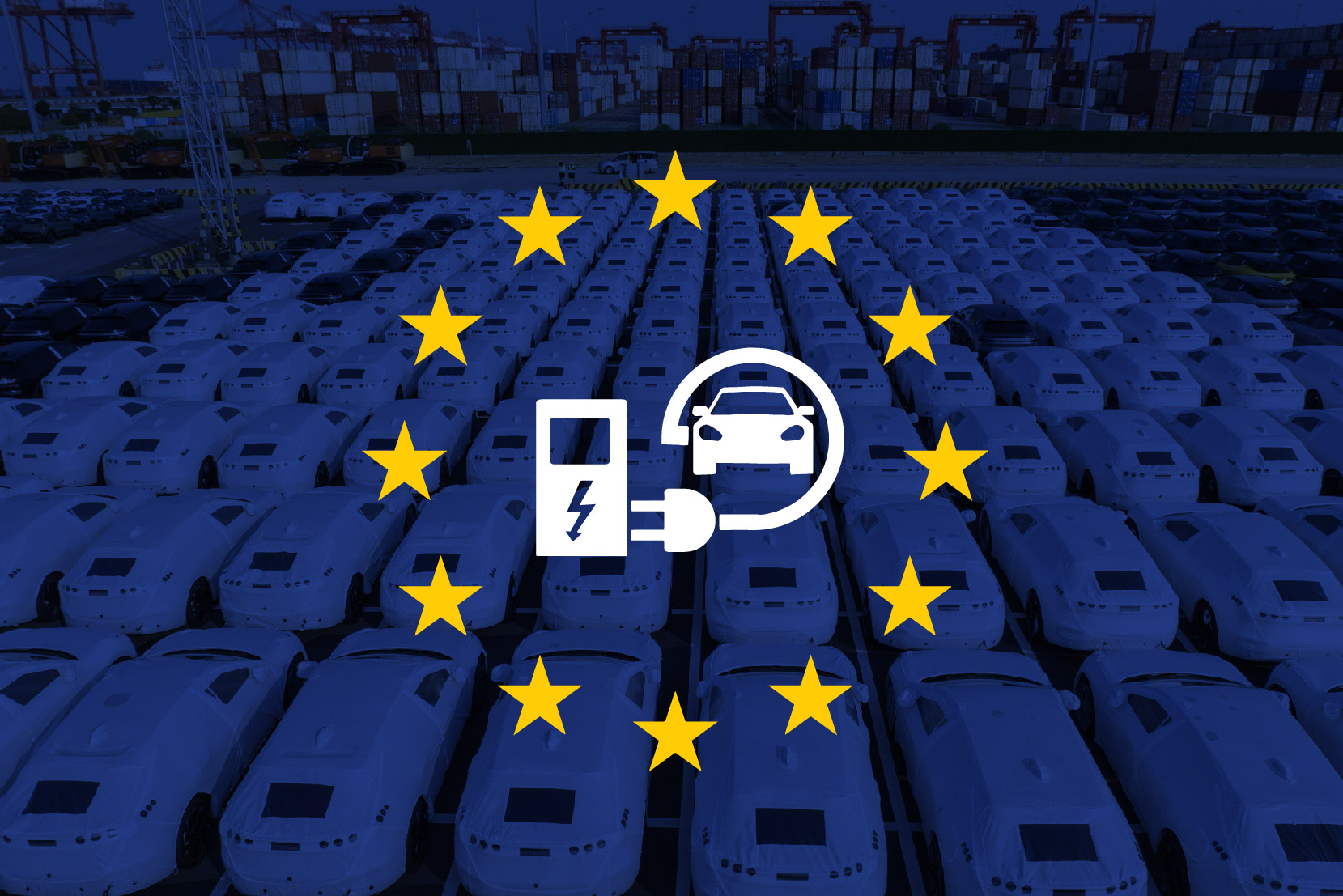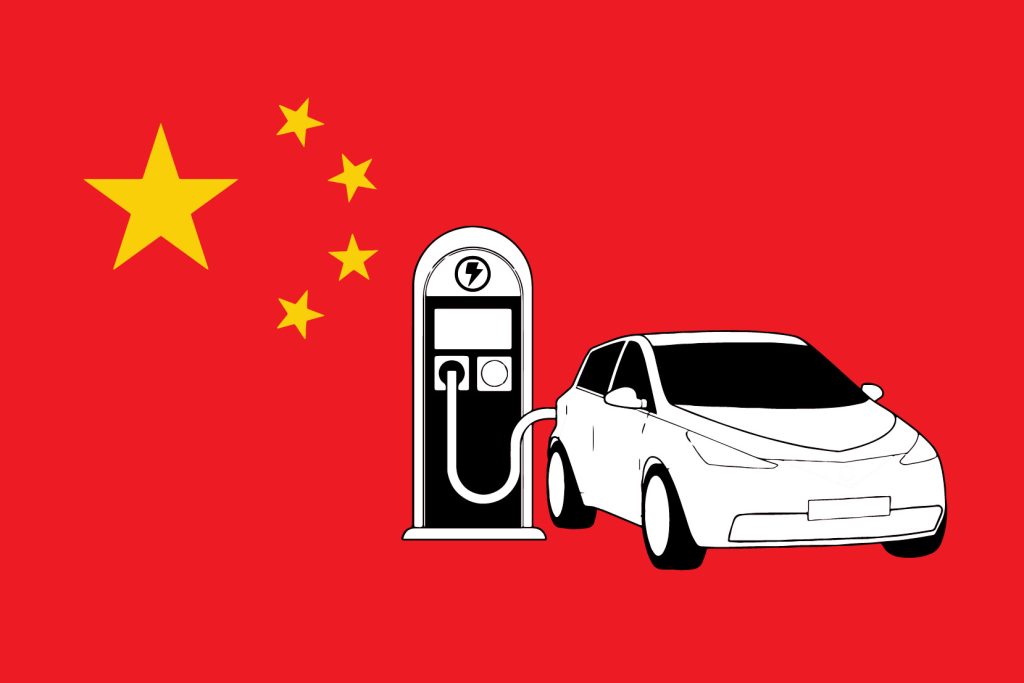The EU’s high tariffs on Chinese EVs pose significant risks, leaving consumers to bear the cost while companies remain unaffected.
In a controversial move, which is expected to have an impact across industries around the world, the European Union (EU) recently voted to impose tariffs on electric vehicles (EVs) imported from China. As high as 35.3%, these tariffs are essentially protectionist measures for the European automotive industry, albeit with the potential to disrupt both the global EV market and Europe’s net-zero ambitions.
Shielding European Industry or Decelerating Innovation?
The EU’s decision to impose tariffs stems from concerns that Chinese EV manufacturers benefit from substantial government subsidies, giving them an undue competitive edge. Chinese companies such as BYD, Geely, and SAIC have been able to offer high-quality EVs at lower prices than their European counterparts and investigations by the European Commission have concluded that these subsidies were interfering with healthy competition and threatening the EU’s domestic EV industry. For European producers, the tariffs could provide temporary relief by reducing the onslaught of cheaper Chinese EVs, especially for smaller European manufacturers who already struggle to compete with the scale and pricing of Chinese imports.
Not all of Europe agrees with this measure. Larger European manufacturers like Volkswagen and BMW, which have significant operations in China, are worried about these tariffs. Many European automakers rely on Chinese supply chains, and the new duties could raise production costs for vehicles assembled in China and sold in Europe. The German Association of the Automotive Industry (VDA) has openly disapproved of the move, making it clear that it harms European businesses as much as Chinese ones.
The Global Ripple Effect
While the tariffs majorly concentrate on Chinese-made EVs entering Europe, their effects will likely be felt across the global market. China is the largest producer of EVs in the world today, and its manufacturers have been rapidly expanding into international markets. Europe has become a crucial hub for these companies, with Chinese EV exports to the EU increasing considerably in recent years. Between 2020 and 2023, the share of Chinese EVs exported to Europe grew from 0.5% to 4.4%, indicating a major shift in the global marketplace. China maintains that while the EU tariffs are a setback, they are unlikely to severely hamper the country’s EV sector. Major Chinese automakers such as BYD and NIO are already preparing to mitigate the impact by taking operations outside of China. BYD, for example, has opened plants in Thailand, Hungary, and Brazil to allow the company to evade tariffs when exporting to regions with such restrictions. Moreover, China’s domestic EV market remains the largest in the world, keeping the EV industry growth constant locally, only affecting Chinese exports to Europe.
On the geopolitical aspect, these tariffs may aggravate tensions between the EU and China. The Chinese government has already slated the tariffs as protectionist and hinted at potential retaliatory measures, extending beyond the automotive sector. Reports suggest that China may impose tariffs on EU-made agricultural products, worsening trade relations between the two major powers.
The Chinese government has already slated the tariffs as protectionist and hinted at potential retaliatory measures, extending beyond the automotive sector.
Green Transition in Trouble
Perhaps the most important consequence of the EU’s tariffs on Chinese EVs is that it has the potential to slow down Europe’s evolution into a net-zero economy. The European Green Deal, with a target to make the continent carbon-neutral by 2050, is heavily reliant on the adoption of EVs to reduce emissions from transportation. By increasing prices, the tariffs may make EVs too expensive for some European consumers, especially in lower-income brackets. This could result in slower adoption of these vehicles, making it more difficult for Europe to meet its carbon reduction targets. According to a report by the Hinrich Foundation, any delay in transitioning to electric vehicles risks undermining the EU’s climate goals. The tariffs could also reduce competition in the European EV market, leading to higher prices across the board. This could discourage consumers from switching to electric vehicles, opting to hold on to internal combustion engine vehicles instead. In this sense, the tariffs may actually work against the EU’s long-term environmental objectives.
China has made it clear that these tariffs will not hinder their EV industry in any substantial manner. The EU must find a way to protect its industries from unfair competition while remaining committed to reducing carbon emissions and achieving net-zero status by 2050. How Europe balances these competing priorities will have far-reaching consequences for the region, the global EV market and the broader fight against climate change.
















